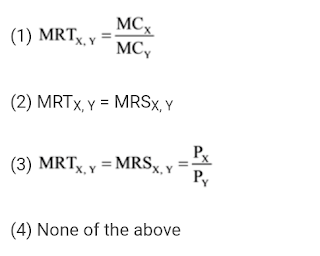CHEQUE
A cheque is a negotiable instrument that is used for payments and settlements in India. It is an agreement between two organizations to make payments. Following are the types of the cheque:
1. Bearer Cheque - A cheque which is payable to any person who present it for payment at the bank counter. Such cheques are risky as in case it lost, the finder may collect the payment from the bank.
2. Open/ Uncrossed Cheque - The cheque which is not crossed is known as Open Cheque or Uncrossed Cheque. The payment of such cheques can be obtained on the counter of the bank.
3. Crossed Cheque - Crossing of cheque means drawing two parallel lines on the face of cheque. It cannot be encashed at the cash counter of the bank but it can only credited to payee’s account.
4. Anti Dated Cheque - If date mentioned on the cheque is earlier than the date it is presented to bank; it is called anti dated cheque. Anti Dated Cheque is valid up to 3 months. Earlier it was 6 months but now it reduced to 3 months.
5. Post Dated Cheque - If the cheque bears the any future date in the cheque that is known as Post Dated Cheque. Post dated cheque can be presented only on the future date which is written on the cheque.
6. Stale Cheque - If the cheque is presented after the 3 months of the date which is mentioned on the cheque is known as stale cheque. After the expiry of validity payment cannot be made.
1. Bearer Cheque - A cheque which is payable to any person who present it for payment at the bank counter. Such cheques are risky as in case it lost, the finder may collect the payment from the bank.
2. Open/ Uncrossed Cheque - The cheque which is not crossed is known as Open Cheque or Uncrossed Cheque. The payment of such cheques can be obtained on the counter of the bank.
3. Crossed Cheque - Crossing of cheque means drawing two parallel lines on the face of cheque. It cannot be encashed at the cash counter of the bank but it can only credited to payee’s account.
4. Anti Dated Cheque - If date mentioned on the cheque is earlier than the date it is presented to bank; it is called anti dated cheque. Anti Dated Cheque is valid up to 3 months. Earlier it was 6 months but now it reduced to 3 months.
5. Post Dated Cheque - If the cheque bears the any future date in the cheque that is known as Post Dated Cheque. Post dated cheque can be presented only on the future date which is written on the cheque.
6. Stale Cheque - If the cheque is presented after the 3 months of the date which is mentioned on the cheque is known as stale cheque. After the expiry of validity payment cannot be made.


Comments
Post a Comment